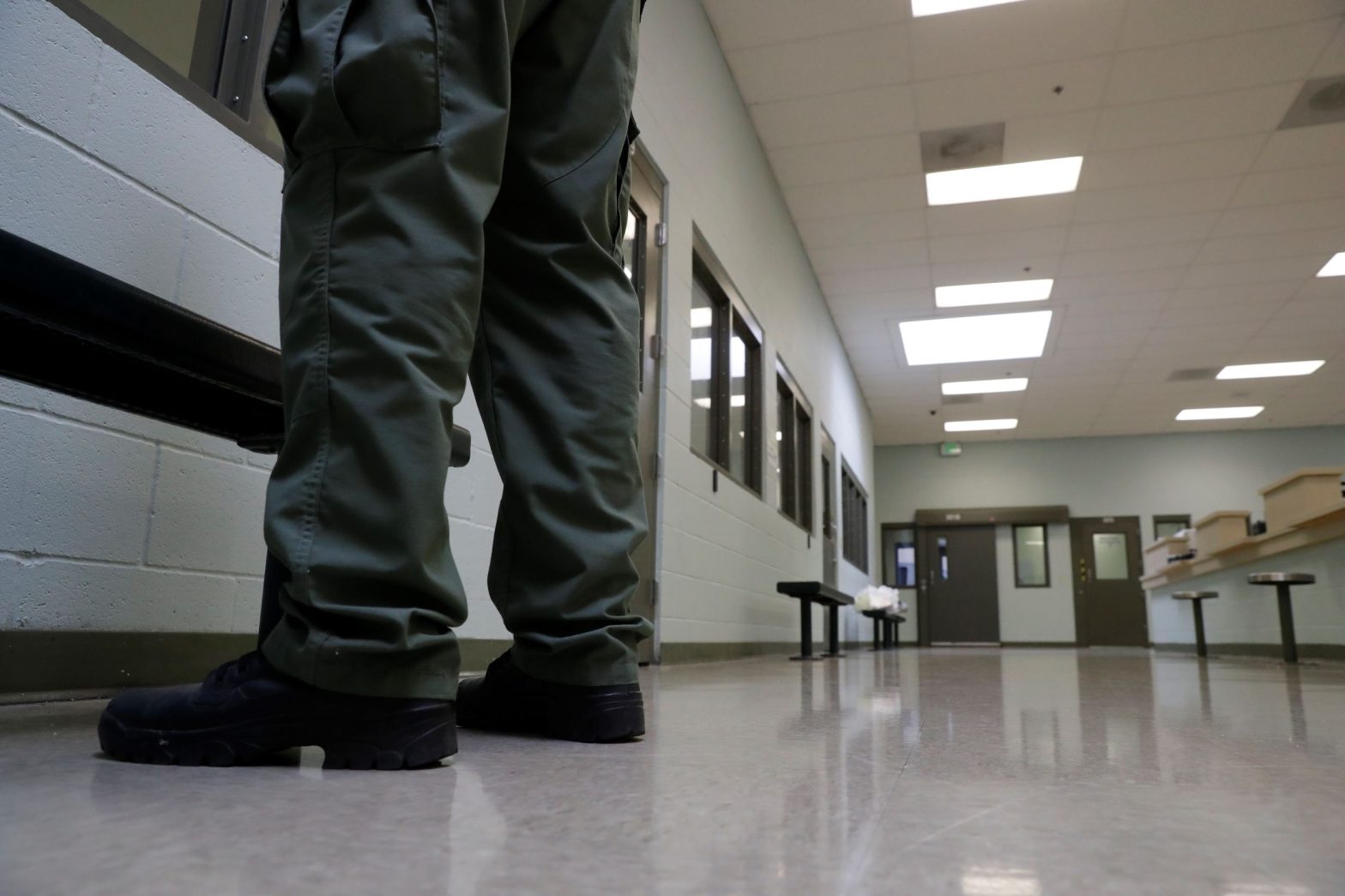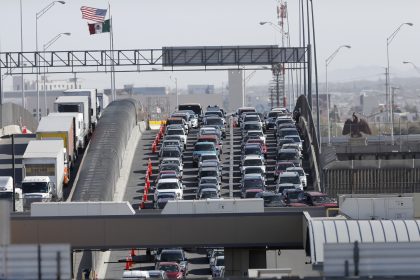6th Circuit Revives Administration Guidance on Immigration Enforcement

CINCINNATI, Ohio — The 6th U.S. Circuit Court of Appeals on Tuesday tossed out a lower court order that had partially blocked a Biden administration directive on immigration enforcement.
That guidance, issued by Homeland Security Secretary Alejandro Mayorkas in September 2021, directed ICE agents to prioritize the arrest of undocumented immigrants found to pose a threat to national security or public safety.
In the underlying lawsuit, Republican lawmakers from Arizona, Montana and Ohio had claimed the administration’s guidance would effectively force them to spend more money on law enforcement and public services to host undocumented immigrants with lesser or no criminal records.
In March, U.S. District Judge Michael Newman, an appointee of former President Donald Trump, partially blocked the directive on the grounds that it violated Congressional mandates on the detention of immigrants with certain criminal convictions and those with final orders of deportation.
Through his 79-page opinion, Newman prohibited federal agents from relying on Mayorkas’ guidance to make “custody decisions” about immigrants subject to mandatory detention.
He also blocked the use of the memo to release or delay the deportation of immigrants with final orders of deportation.
On Tuesday, a three-judge panel of the 6th Circuit reversed that ruling, saying the guidance issued by the Biden administration was not a mandate, but rather a nonbinding policy statement that lacked any real legal effect.
As for the state’s claim that if agents acted on the guidance, it would ultimately costs the states to spend more money, the judges on the panel said such a claim was sheer speculation.
“How can we assume that prioritizing apprehension of immigrants who pose a threat to public safety will drive up the states’ criminal populations?” they said. “A theory of injury grounded in rising crime rates seems like it would ‘hinge’ on third parties committing more crimes.
“As for the increased cost of public services … this theory starts with conjecture and returns to it over and over,” they said.
In a concurring opinion, U.S. Circuit Judge Jeffrey Sutton, a George W. Bush appointee, admonished Newman, saying “At a minimum, a district court should think twice — and perhaps twice again — before granting universal anti-enforcement injunctions against the federal government.
“Even if it turns out that the three states in this case are entitled to relief, it is difficult to see why an injunction applicable only to them would not do the trick,” Sutton said.
He then turned his fire on a June 10 order handed down by U.S. District Judge Drew Tipton of the Southern District of Texas that voided the guidance across the country.
Sutton said in doing so, Tipton had, “assumed authority for the issue across the nation.”
“Although that decision does not address the preliminary-injunction posture presented here, the same insight applies. Reasonable jurists may sometimes reach different outcomes on the merits of tough questions. Yet one decision against the government by one judge potentially freezes the debate for all lower court judges,” Sutton said.
Dan can be reached at [email protected] and @DanMcCue.
























